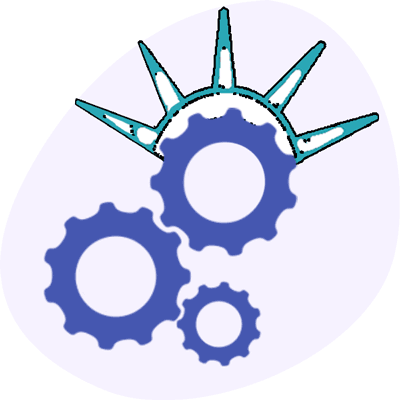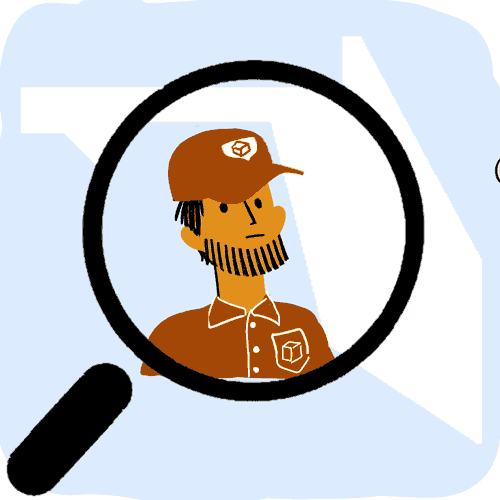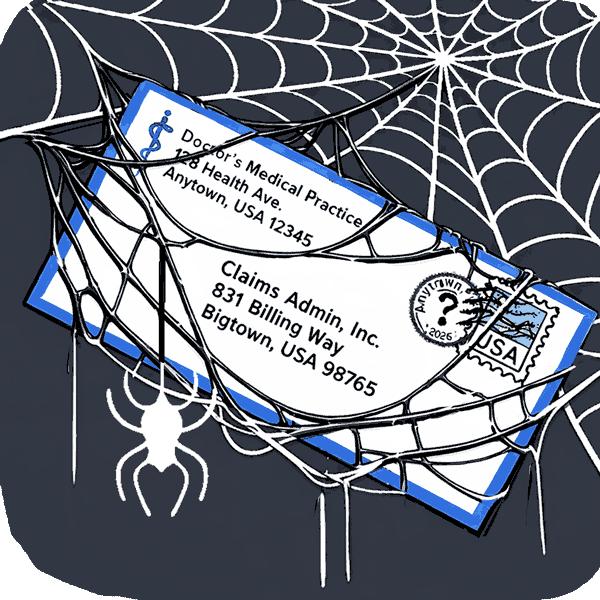daisyData: 2024 Duplicate Bill Statistics

In conversations with non-client providers’ billing staff, the number one problem reported by these practices is the high rate of bills that payers report as “lost” or “not on file.”
Practice staff are (understandably) frustrated by the resources required to monitor workers’ comp bills and resubmit duplicate bills when the payer claims the Original bill never arrived.
But here’s a workers’ comp billing fact: Sending workers’ comp bills electronically almost eliminates the need to send duplicate bills. When a provider sends an e-bill, the claims administrator sends the provider an electronic receipt indicating the moment the claims administrator receives the e-bill, making it impossible for a claims administrator to spin a not-on-file excuse.
In 2024, our provider clients nationwide submitted 2.7 million electronic bills (e-bills), of which just 2% were duplicate submissions.
However, unreliable paper billing is almost impossible to track, allowing payers to (often, inaccurately) claim they didn’t receive the paper bill and/or supporting documents. Below, daisyData demonstrates that workers’ comp bills are five times more likely to require a duplicate bill when sent in a manner other than electronically.
See our 2024 daisyData below and compare it with your practice’s numbers.
2024 Duplicate Bill Submission Data
In 2024, daisyBill providers submitted over 3 million workers’ comp bills to 710 claims administrators and networks; the vast majority (91.3%) of these bills were transmitted electronically. daisyBill providers sent a small minority of paper bills via fax, email, and snail mail.
Notably, the data below demonstrate that only 2% of the e-bills sent were duplicates of an Original bill—a substantially lower percentage than duplicate bill counts for paper bills.
daisyBill achieves these low e-billing duplicate rates because our technology connects directly with each clearinghouse that claims administrators use to accept and manage providers’ workers’ comp e-bills–Jopari, Data Dimensions, Carisk, and P2P. daisyBill also delivers e-bills directly to two payers that do not use a clearinghouse, CorVel and the federal Department of Labor.
Bill Transmission Mode |
2024 Bill Count Total |
% of Total Bill Count |
2024 Duplicate Bill Count |
Duplicate Bill % |
e-Bill |
2,756,002 |
91.3% |
57,769 |
2% |
Fax |
169,094 |
5.6% |
25,274 |
15% |
80,696 |
2.7% |
8,260 |
10% |
|
13,782 |
0.5% |
1,173 |
9% |
|
Total Bill Count |
3,019,574 |
100% |
92,476 |
3% |
daisyData: Claims Administrator and Network Duplicate Bills
On our website, daisyBill maintains a Claims Administrator and Network Directory that reports the number of duplicate bills transmitted to each claims administrator (aka payer) and network in the preceding 365 days. This data is updated daily.
Below is a screenshot of this daisyData from today, 1/10/2024, for the top 10 claims administrators by volume of bills daisyBill clients sent from 1/10/2024 to 1/10/2025.
As usual, California’s State Compensation Insurance Fund is to be congratulated for its outstanding efforts in maintaining a statistical 0% duplicate e-bill rate. This insurer consistently proves that correctly processing providers’ bills is a leadership choice.
And as usual, billing data demonstrates that Sedgwick, Travelers, and ESIS are to be admonished for forcing providers who treat injured workers to submit the largest percentages of duplicate bills. There is no excuse for the payment friction these claims administrators force upon providers. These claims administrators’ faulty leadership could take a lesson from the CA State Fund.
Data demonstrate that workers' compensation e-billing can significantly reduce practices’ administrative payment burdens for treating injured workers. However, this enhanced efficiency depends on reliable, proven technology.
daisyBill makes treating injured workers easier, faster, and less costly. Get a free demonstration below.
SCHEDULE DEMO
DaisyBill provides content as an insightful service to its readers and clients. It does not offer legal advice and cannot guarantee the accuracy or suitability of its content for a particular purpose.




